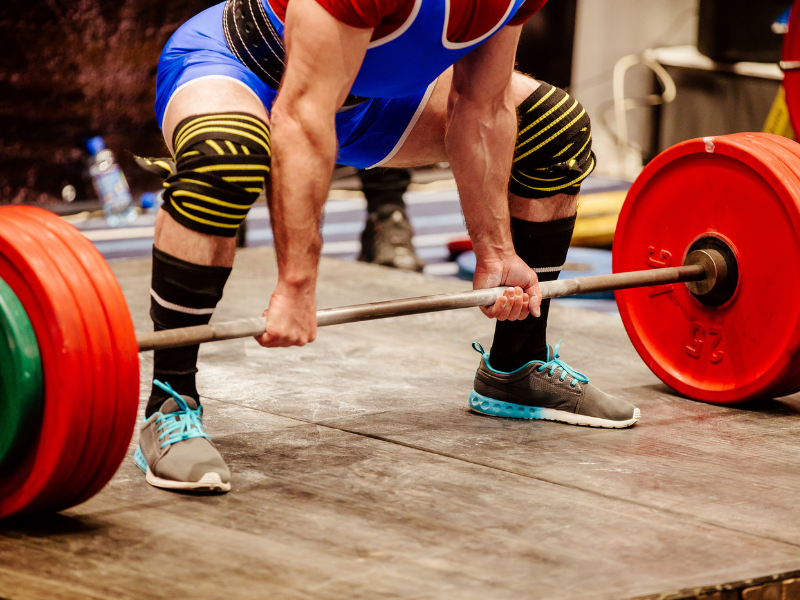We’ve all heard about the recommended 8 hours of sleep that the average person should be getting each night. But when it comes to athletes, who ask more from their bodies than the average person, does the same wisdom apply?
A number of recent sleep studies suggest that, for athletes, 8 hours may not be enough. According to the data, more sleep and better sleep are crucial for reaching optimum athletic performance.
How sleeping more improves performance
While we think of sleep as a time of rest, it is actually a time when the body does a lot of important work. During deep sleep, growth hormone is released which allows for muscle repair, fat burning, as well as bone building, things that are obviously crucial for athletes to recover and improve their fitness.
But getting more sleep won’t just give you a physical edge, the work that the brain does during deep sleep is necessary for learning new skills and information which can improve many aspects of your game. Athletes who got more sleep while participating in studies saw a number of benefits in their performance including
- Improved reaction times
- Improved hand-eye coordination
- Faster sprint times
- Increased accuracy (in basketball players performing free-throws)
- Improved mood and overall energy level
How much sleep should you be getting?
So, if athletes need more than the proverbial 8 hours a night, exactly how much sleep should they be getting?
Unfortunately, there is no magic, one-size-fits-all number. The amount of sleep you should aim for will depend on a number of different factors and vary for each individual, but researchers estimate that 9-10 hours may be sufficient for most adult athletes, while teen athletes may require even more.
Sleep scientists suggest doing a bit of experimenting to find your individual sweet spot. A good sign that you are getting the right amount of sleep is if you are able to fall asleep within 20 minutes of going to bed and wake up at a reasonable time without an alarm.
Improve your sleep to improve your performance
With the stresses and demands of practice, workouts, travel, and other responsibilities, getting enough sleep every night is not always easy. But there are some simple adjustments that you can make to your lifestyle and schedule that can significantly improve your sleep quality.
- Stick to a sleep schedule. Going to bed and waking up at the same time each day will train your body to know when it’s time to rest.
- Create a dark and quiet sleep environment. A dark room makes it easier to fall asleep and sleep more deeply. If you live near a busy street or have noisy neighbors, try using earplugs.
- Put your phone away. Turn off your phone and other screens at least 30 minutes before you go to bed to limit your exposure to blue light, which can make it harder to fall asleep. If you use your phone as an alarm, change the notification settings or set it to airplane mode to avoid sound or light interruptions.
- Limit your alcohol intake. Alcohol can have a negative impact on sleep quality, even in small amounts. Favor water over alcohol, especially in the evening before bed.
- Take naps if needed. If your schedule doesn’t allow you to get a full 9 or 10 hours of sleep at night, you can supplement your sleep with naps during the day.
Getting more sleep can have some significant effects on your athletic performance. But scientists note that a poor night’s sleep here or there shouldn’t be cause for alarm. Tossing and turning the day before a big game or the odd restless night shouldn’t have any significant effect on your overall performance.
By prioritizing sleep as an essential part of your training, and aiming to get enough quality sleep as often as possible, you’ll be able to play at your best and feel better doing it.




